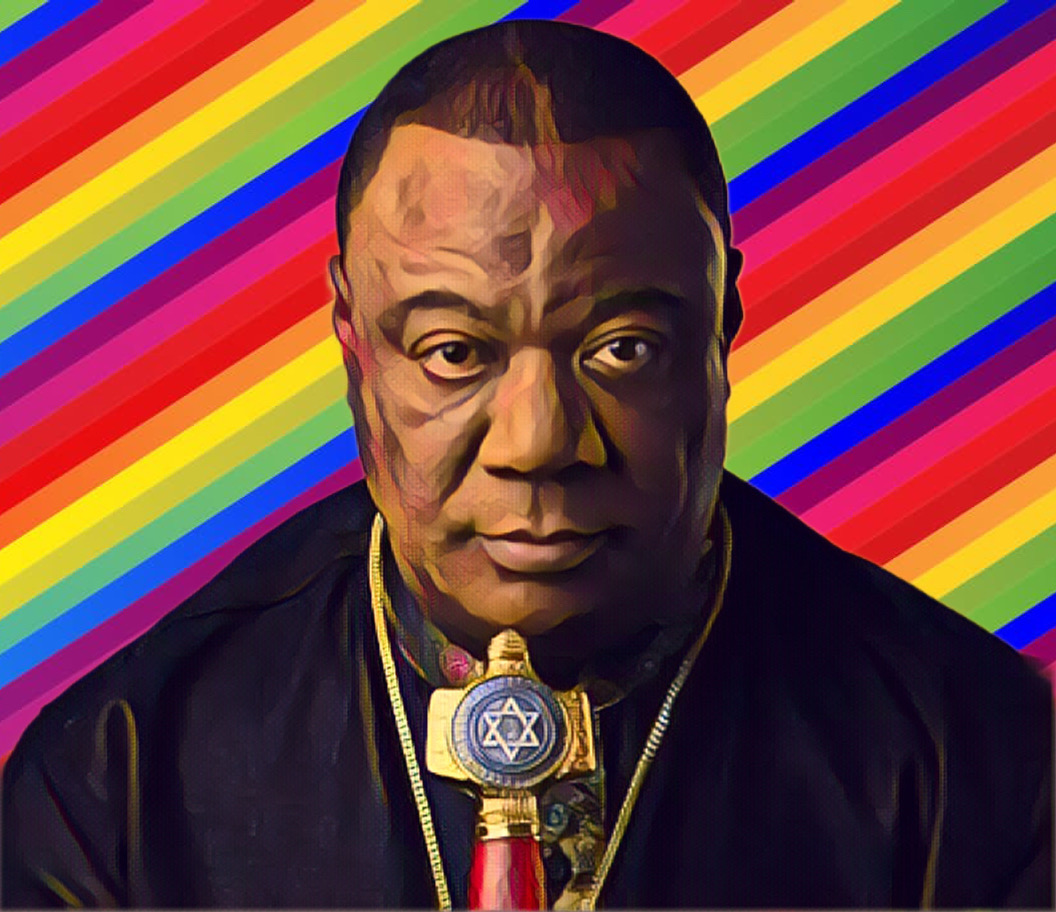Ghanaian politicians have received a severe warning from Archbishop Nicholas Duncan-Williams, the founder and presiding archbishop of Action Chapel International, concerning the possible repercussions of political instability and a lack of openness. His comments come at a crucial moment as Ghana gets ready for the presidential elections of 2024, when escalating hostilities and partisanship allegations pose a threat to the nation’s democratic procedures.
In a meeting with National Democratic Congress (NDC) Presidential Candidate John Dramani Mahama and other Christian Ecumenical Council members, the Archbishop conveyed his serious worries about the state of politics today. Mahama has urged the clergy to speak out against the government and the Electoral Commission’s perceived partiality and transparency. He claimed that in order to potentially taint the fairness of the upcoming election, the administration had appointed party loyalists to important positions. In addition to being impartial, the EC needs to project nonpartisanship. Regretfully, recent hires fail to offer us confidence,” Mahama said.
Responding to these concerns, Archbishop Duncan-Williams emphasized the clergy’s role in safeguarding Ghana’s stability. “We cannot sit idly by and watch our country potentially turn into a land of refugees due to mismanaged elections and political leadership,” he declared. He reminded those there of the situation of neighboring African countries where political turbulence had caused citizens to depart their homes, many seeking safety in Ghana.
The Archbishop uhighlighted the gravity of the approaching election, underlining its significance on a worldwide scale with 60 nations slated to hold elections in 2024. He maintained that in order to maintain peace and stability, Ghana’s leaders must exercise extraordinary caution and accountability this crucial year. In light of Ghana’s 67-year history since gaining independence, he critiqued the country’s sluggish development and enduring problems. “It is concerning that, over seven decades later, we are still battling the same core problems with little progress made in many areas,” he said.
He drew attention to the alarming trend of Ghanaian medical professionals leaving their country of origin because of difficult living circumstances, which is a sign of more serious governance problems that require immediate action. He said, “We are seeing a departure of our skilled labor force, which speaks volumes about the status of our country.” Archbishop Duncan-Williams also warned against underestimating the Ghanaian populace’s tolerance for political mismanagement. Citing historical instances of unrest and violence in Ghana, he cautioned, “Ghanaians are not as docile as some might think. Ignoring the voices of the people and pushing them into desperation could ignite severe consequences.”
The Archbishop concluded by urging Mahama and his party to seriously consider the implications of their actions and to engage in an open dialogue with the clergy and other stakeholders to address the pressing concerns facing the country. The Archbishop’s message was clear: politicians must tread carefully and ensure that their actions and policies are transparent and fair. “Desperate and angry people can become unpredictable and potentially violent,” he advised.




